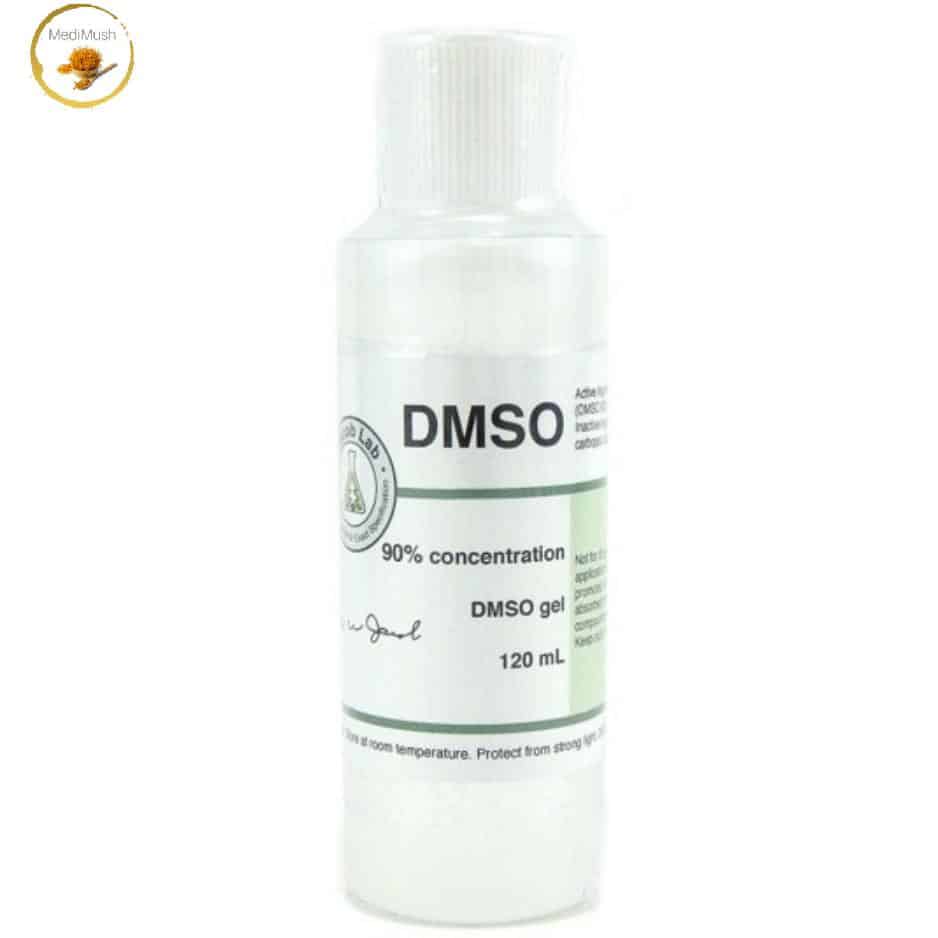
#8 Thrilling Pharmaceuticals, solvents, pros and cons
Dimethyl sulfoxide, commonly known as DMSO, is a solvent that has been used in the pharmaceutical industry for decades. It has a unique set of properties that make it a useful solvent for a wide range of pharmaceutical compounds. However, like any solvent, DMSO has both advantages and disadvantages. This blog post will explore the pros and cons of using DMSO as a solvent in pharmaceutical compounds.Pros:
- High Solubility: One of the major advantages of using DMSO as a solvent is its high solubility. DMSO is capable of dissolving a wide range of polar and nonpolar compounds. This makes it a versatile solvent for a range of pharmaceutical compounds. It is particularly useful for solubilizing poorly soluble compounds, which can improve the bioavailability of drugs.
- Enhances Skin Penetration: DMSO has been shown to enhance the penetration of drugs through the skin. This property makes it a useful solvent for topical drug formulations, which require the drug to penetrate the skin for local or systemic effects.
- Low Toxicity: DMSO is considered to have low toxicity. It has been extensively studied and has a long history of use in the pharmaceutical industry. This makes it a relatively safe solvent to use in drug formulations.
- Stable: DMSO is a stable solvent and does not react with most pharmaceutical compounds. This makes it a reliable solvent for drug formulations and ensures the stability of the active ingredient.
Cons:
- Odour: DMSO has a strong odour that can be unpleasant to some people. The odour can also be difficult to remove from equipment and packaging materials used in drug manufacturing. This can be a problem when manufacturing drugs that need to be odourless.
- Skin Irritation: Although DMSO enhances skin penetration, it can also cause skin irritation in some individuals. This can be a problem when formulating topical drugs that are applied to the skin.
- Cost: DMSO can be expensive compared to other solvents. This can be a disadvantage when manufacturing drugs on a large scale.
- Impurities: DMSO can contain impurities that may affect the purity and stability of the drug formulation. It is important to use high-quality DMSO that is free from impurities to ensure the quality and safety of the drug product.
DMSO is also considered to be relatively safe, as it has low toxicity and is a stable solvent that doesn't react with most pharmaceutical compounds. However, there are also some drawbacks to using DMSO. It has a strong odour that can be difficult to remove, and it can cause skin irritation in some individuals. It can also be expensive compared to other solvents, and it may contain impurities that can affect the purity and stability of the drug formulation. Ultimately, the decision to use DMSO as a solvent in pharmaceutical compounds should be based on a careful evaluation of the specific needs of the drug formulation, as well as the benefits and drawbacks of using DMSO. I hope this information was helpful!

Conclusion:
DMSO is a useful solvent in the pharmaceutical industry, with unique properties that make it suitable for a wide range of pharmaceutical compounds. It has high solubility, enhances skin penetration, is relatively safe, and is a stable solvent. However, it also has some disadvantages, including a strong odour, skin irritation, cost, and the potential for impurities. These factors should be considered when deciding whether to use DMSO as a solvent in pharmaceutical compounds. Ultimately, the decision should be based on carefully evaluating the benefits and drawbacks of using DMSO and the specific needs of the drug formulation. Order Dr Jacobs Wordl-class DMSO here:




 DMSO, medical uses, therapeutic properties
DMSO, medical uses, therapeutic properties
 How DMSO helps joint pain and inflammation with scientific evidence.
How DMSO helps joint pain and inflammation with scientific evidence.













